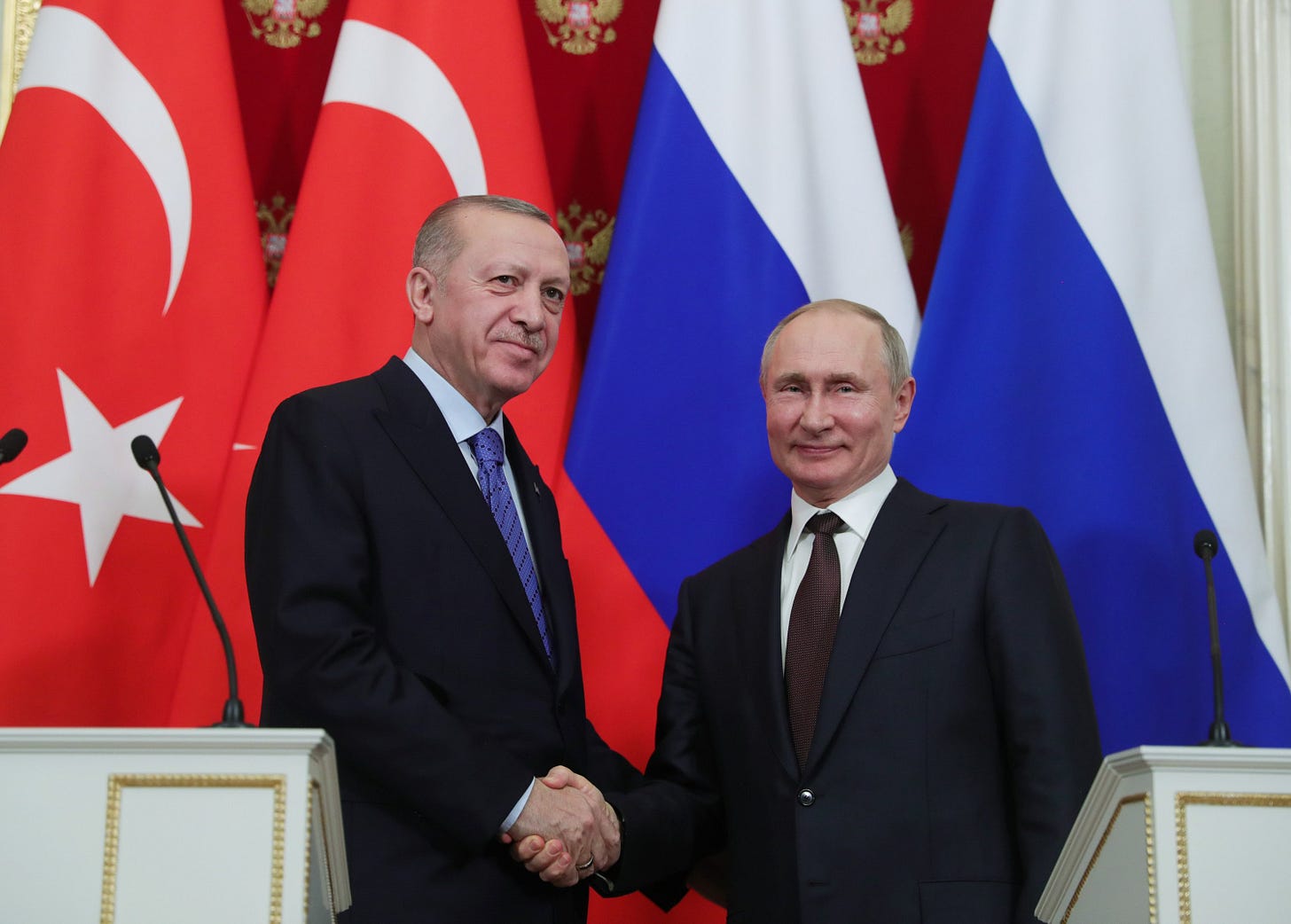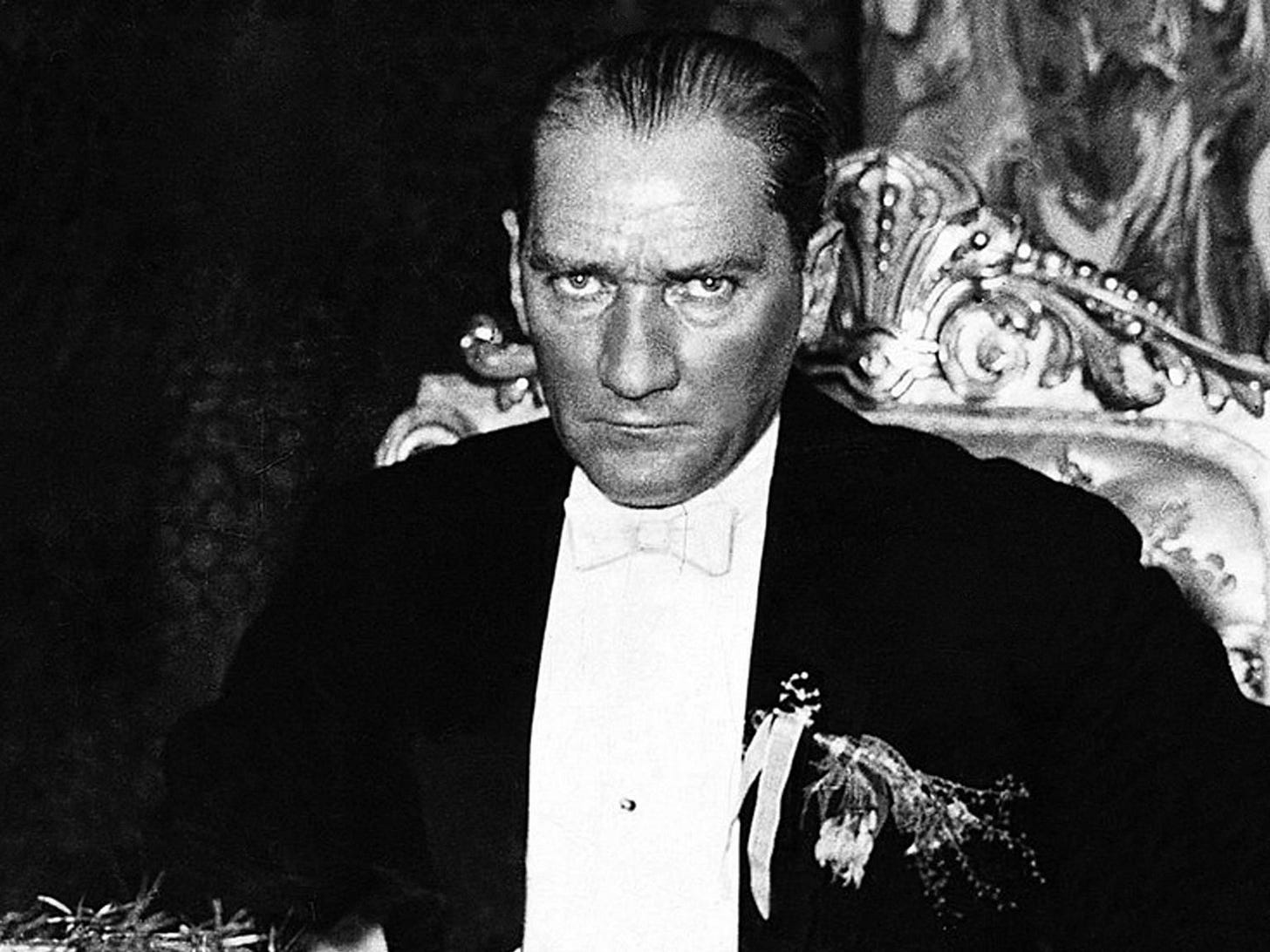Whither Turkey?
Sunday's elections were an upset to the autocratic power of the Erdoğan regime. Could the most this geostrategicaly important state move to back Europe, or closer to Moscow and the Middle East?
Last Sunday, May 14th, the first round of the Turkish presidential election was held. In the shadow of the war in Ukraine, as well as rampant inflation and the continued effects of the largest earthquake in a century, voters went to the polls to choose between Kemal Kiliçdaroğlu of the Nation Alliance and the incumbent Recep Tayyip Erdoğan of the People’s Alliance.

The People’s Alliance, led by the AKP (Justice and Development Party) along with its far-right ally, the MHP (Nation Party), is hoping to retain the presidency, though they successfully defended their majority in parliament, with 316 out of 600 seats. Under Erdoğan, the AKP has been in power for more than 20 years, leading some to hope for change under the CHP.
The CHP (Republican People’s Party) is the oldest political party in Turkey and was founded by Mustafa Kemal Atatürk (the founder of the Turkish Republic) himself. They lead the Nation Alliance, a group of opponents to AKP rule that includes the İYİ Party (the Good Party) as well as four other minor parties. Their candidate, Kemal Kiliçdaroğlu, is a long-time civil servant and MP.
This election will have widespread effects no matter who wins. Will Erdoğan continue to dismantle the secular, pro-European legacy of Mustafa Kemal Atatürk, the founder of the modern Turkish state? Or will the opposite apply the political brakes to his Neo-Ottomanist dream?
Erdoğan’s conservatism and economic eccentricity have sent the value of the Turkish lira tumbling and inflation skyrocketing, and his continued antagonistic relationship with Brussels and Washington, compared to his relative friendliness to Moscow, means that many foreign observers are hoping for the CHP to clinch the election.
Those hopes were dashed, though, when it was announced on Sunday night that no candidate had received a majority of votes. Erdoğan took roughly 49.5% of the vote to Kiliçdaroğlu’s 44.9%—a significant underperformance, according to most polls. Fringe candidate Sinan Oğan took 5.2% and ensured that the Turkish election will go to a runoff on May 28th.
The election was not without irregularities; the mayors of Ankara and Istanbul (both CHP members) slammed the state-run Anadolu Agency for falsely reporting results, and there is suspicion of significant voter fraud for Erdoğan, who not only controls the judiciary but has even thrown multiple opposition members in jail, including the former leader of the third-largest party in the country.
The campaign was highly contentious.
Erdoğan blamed “LGBTQ terrorists” as well as “foreign enemies” for Turkey’s current woes. Kiliçdaroğlu focused on the systematic erosion of democratic rights—a free press, free speech, and free practice of religion—that had taken place under Erdoğan. There was even talk of the Russians assisting Erdoğan’s campaign with deepfakes.
Investors are not especially pleased with Erdoğan’s relative overperformance; despite starting his two-decade rule with a liberal approach to both cultural and economic issues, Erdoğan’s pressure on the Central Bank of the Republic of Turkey only sent inflation higher, and the unwelcome news that there would be a runoff sent the value of the lira plummeting even further.
Additionally, his combative relationship with the US and the EU make him persona non grata in diplomatic quarters as well. In 2019, Erdoğan threatened to shut down İncirlik Air Base (which stores nuclear weapons and hosts troops from many NATO countries) after the Senate recognized the Armenian genocide. Erdoğan’s willingness to cozy up to Putin, especially after the Russian invasion of Ukraine, has earned him even less favor in Brussels, and many EU diplomats and statesmen are hoping for an “easier Turkey”.
In the midst of all this, it is worth pointing out that although Kiliçdaroğlu has claimed to be defending democracy, it is not actually clear that he will be able to switch the country back to a parliamentary system if he wins, nor even take a softer line on the Kurdish issue. The Nation Alliance is mostly made up of right-wing parties in addition to the CHP, and many of them would balk at backing any serious reform attempts.
Still, it is the consensus of most American and European observers that a CHP-run Turkey would be vastly preferable to Erdoğan, who is increasingly regarded as an eccentric autocrat with Russian leanings. Even if Kiliçdaroğlu might not deliver on his promises to “re-democratize” Turkey, his diplomatic and economic policies are enough to make him the preferred candidate of the West.
This election will likely decide the future course for not only Turkey but perhaps the region as a whole. Turkey is uniquely situated, with a truly strategic location—part of both Europe and the greater Middle East—and now finds itself at a crossroads.
It is reductive to portray this as a battle between democracy and autocracy, but it is not necessarily incorrect, and investors and diplomats will be hoping for a Kiliçdaroğlu win. Turkey’s decision will reverberate throughout the region: a move to Europe, or to the Middle East?







IOM. {UN}.
International Organization for Migration.
Amy Pope, Director General
(Listen freakin' up).
([Their] bringin' an army in).
*
"This is how [THEY OPERATE]."
"It's An Invasion."
"The Plan..."
(among others, & US).
~ Tore Maras
15 May 2023
https://rumble.com/ToreSays